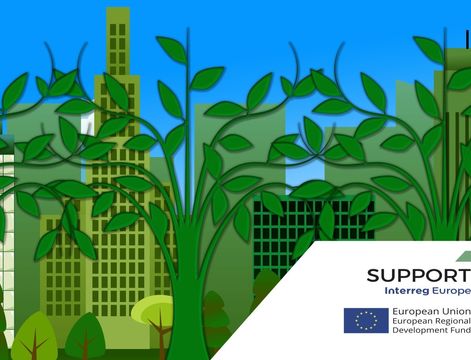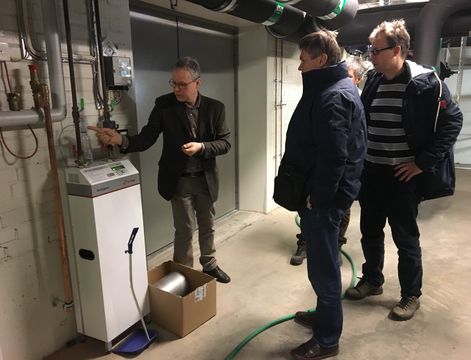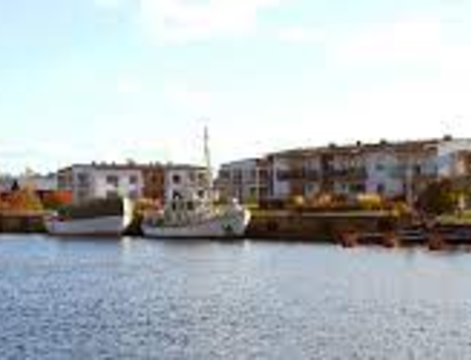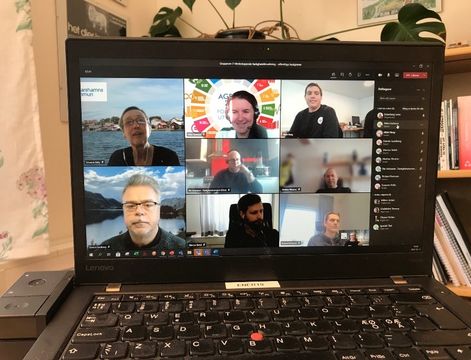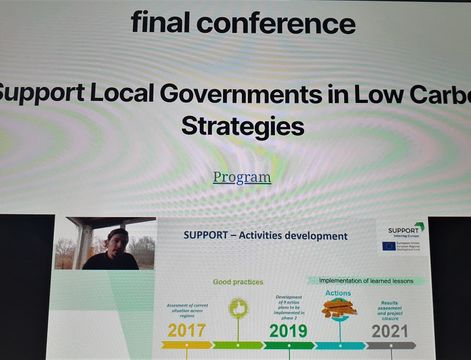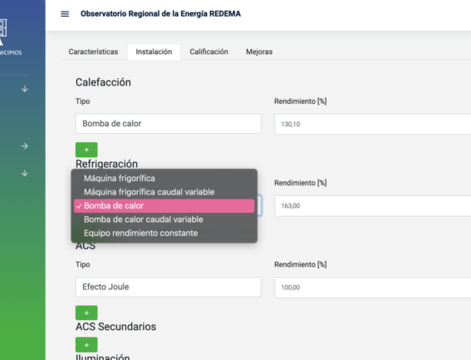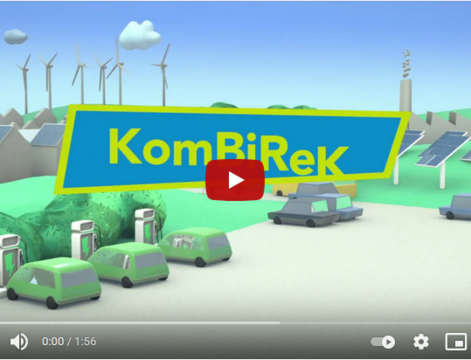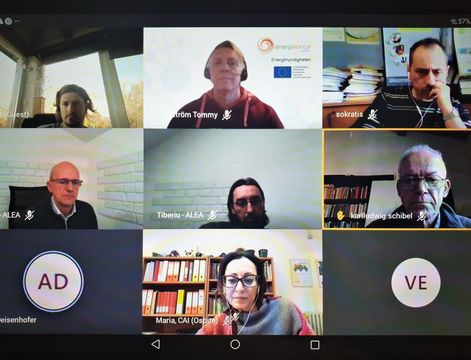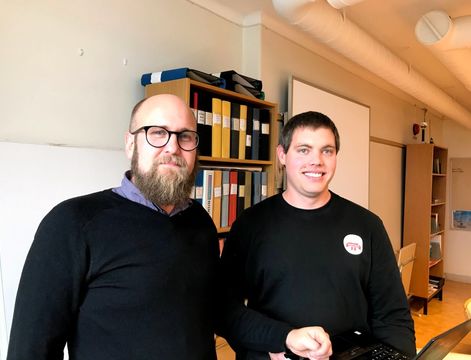On June 25th at the Villa Altieri - Palace of Culture and Historical Memory of Rome, the Metropolitan City of Rome Capital held the regional conference "Limiting the environmental impact of public buildings: where are we?"
The conference closed the first phase of defining the Interreg Project - Support Project Action Plan which addresses the difficulties encountered by many partner cities and regions in implementing sustainable energy policies.
The construction sector is rapidly transforming itself based on the growing demand for energy and environmental quality. A real cultural and technological revolution that is leading to radical changes in all phases of the building process: from design to construction techniques, from the use of materials to energy and plant technology.
The main challenge of energy efficiency is played in the public building sector, a sector in which the most rigorous legislation and the understandable need for visibility require a particularly virtuous approach.
The Conference opened with a first part dedicated to the Interreg Europe ‘SUPPORT’ project.

Patrizia Giancotti of Metropolitan City of Rome Capital illustrated the results achieved in these three years, the state of the art and future prospects, highlighting the role of Metropolitan City which is the Territorial Coordinator of the Covenant of Mayors and supports local administrations in the energy transition for moving to a low-carbon economy and within the project has identified as the main action to be undertaken, the construction of a permanent work table for consulting local authorities involving the Lazio Region and ENEA; Karl-Ludwig Schibel and Maurizio Zara of the Alliance for Climate Italy presented respectively the experience of the Interreg Med ‘ENERJ’ project and the joint actions for energy efficiency and what was learned from the SEAPs and the PAESCs. The second part of the conference saw a comparison between practical cases and models of innovation.
ANCE's Flavio Monosilio proposed a reflection on the redevelopment and enhancement of public real estate assets and on the financial instruments available.
The speech by Luca Rubini, ATI national secretary general, presented the evolution of energy efficiency towards a logic focused on decarbonisation, decentralization and digitalisation and innovative solutions for the construction sector.
Afterwards, Francesco Belcastro of the Italian Federation for the Rational use of Energy spoke about the tasks of the energy manager in the Public Administration and the evolution of this role.
Enzo Pinci brought the point of view of the Italian historic homes association by presenting the major energy issues of historic buildings and the difficulty of reconciling energy efficiency interventions with preservation.

Tiziana Gallo, MISE consultant and creator and technical coordinator of the "smart buildings" program of the Municipality of Fano, finally presented this plan as an example of urban regeneration with zero land consumption, addressed to the p.a. for the reduction of co2.
The conclusions of the conference were entrusted to the moderator Mauro Spagnolo, director of the magazine Rinnovabili.it.


